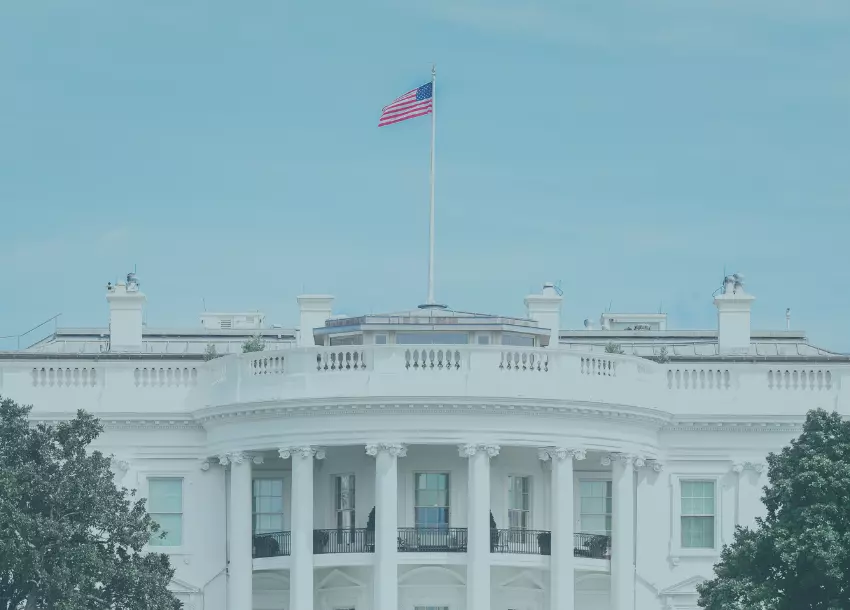DOL Adopts New Test for Determining When Interns are Protected by FLSA
This month, the Department of Labor (DOL) announced that it will be using a new method to determine whether interns and students employed by a for-profit employer should be paid employees under the Fair Labor Standards Act (FLSA) and, thereby, entitled to minimum wage and overtime pay.
In Field Assistance Bulletin No. 2018-2, issued on January 5, 2018, DOL’s Wage and Hour Division adopted the “primary beneficiary test” as the method for evaluating whether interns or students are “employees” under the FLSA. The test looks at the “economic reality” of who is in fact the “primary beneficiary” of the relationship between the interns/students and the employer, a version of which has been used by courts in the Fourth Circuit, which includes South Carolina and North Carolina. If the interns or students are the primary beneficiaries, then they are not employees under the FLSA and not entitled to minimum wage and overtime.
The DOL also clarified the factors that it will consider in evaluating the relationship, with each factor being one indicator that the intern/student is the primary beneficiary. As outlined in the newly updated DOL Fact Sheet #71, the analysis requires DOL’s Wage and Hour Division to review the extent to which:
- The intern and the employer clearly understand that there is no expectation of compensation. Any promise of compensation, express or implied, suggests that the intern is an employee—and vice versa.
- The internship provides training that would be similar to that which would be given in an educational environment, including the clinical and other hands-on training provided by educational institutions.
- The internship is tied to the intern’s formal education program by integrated coursework or the receipt of academic credit.
- The internship accommodates the intern’s academic commitments by corresponding to the academic calendar.
- The internship’s duration is limited to the period in which the internship provides the intern with beneficial learning.
- The intern’s work complements, rather than displaces, the work of paid employees while providing significant educational benefits to the intern.
- The intern and the employer understand that the internship is conducted without entitlement to a paid job at the conclusion of the internship.[1]
Before the adoption of this test, the Wage and Hour Division used strict criteria that required an intern’s job to meet six separate factors to exclude it from protection under the FLSA. The new test is more flexible, with no single factor determinative, and will be based on the specific circumstances of each case.
For-profit employers currently hiring unpaid interns or students must review their relationships in light of this new test. While the primary beneficiary test is less stringent than the previous test, employers should exercise caution when deciding whether an intern should not be paid minimum wage and overtime. Misclassifying an unpaid intern can be costly to employers and can lead to a DOL audit or litigation.
[1] See WHD Fact Sheet No. 7: Internship Programs Under the Fair Labor Standards Act, Updated January 2018 and available at https://www.dol.gov/whd/regs/compliance/whdfs71.pdf
About Maynard Nexsen
Maynard Nexsen is a full-service law firm of 600+ attorneys in 31 locations from coast to coast across the United States. Maynard Nexsen formed in 2023 when two successful, client-centered firms combined to form a powerful national team. Maynard Nexsen’s list of clients spans a wide range of industry sectors and includes both public and private companies.
Related Capabilities







